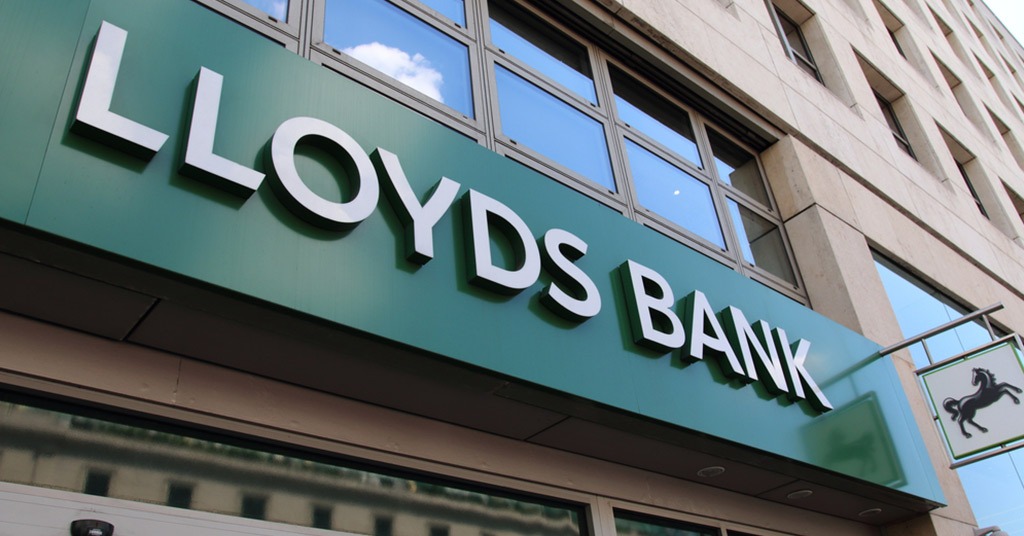Majority of senior executives now less optimistic about the future of the financial services industry than they were 12 months ago

UK financial institutions less optimistic about economic outlook. Source: shutterstock.com
Senior leaders within the UK financial institutions have become less optimistic about the prospects for their own sector as the outlook for the domestic economy deteriorates, according to a new report from Lloyds Bank Commercial Banking.
The Financial Institutions Sentiment Survey canvassed the views of more than 100 senior decision-makers at a broad range of organizations – from global banks and insurers to intermediaries, investors and asset managers – to explore the key themes shaping their sector.
The report found that more than half of firms (58%) are expecting growth in the UK economy to slow down in the next 12 months – twice as many as held that view in 2018 (29%). Two-thirds of them (67%) expect domestic growth in the coming year to be weaker than G7 peers.
These views were broadly mirrored in respondents’ expectations for the UK financial services sector with 55% forecasting that growth would deteriorate during the year ahead, up from 27% in 2018.
Similarly, most senior executives (54%) said they have become less optimistic about the future of their industry in the past 12 months, up from 40% in 2018.
Meanwhile, two-fifths of firms (40%) expect their own revenues to increase – albeit down from 64% last year – with only 17% seeing income falling next year.
More than half of firms feel they are prepared for the UK’s departure from the EU, with 59% stating they are ready for a ‘no deal’ Brexit with little or no dependency on a transition period and no further extension.
The remainder of firms surveyed are dependent to some extent on a transition period to complete their contingency planning, with almost a third (29%) saying that they have a limited dependency and 12% saying that they have a significant dependency.
Despite the focus these preparations require, the sector continues to invest in the UK, with a third (31%) expecting investment to increase during the year ahead (compared to 24% in 2018). Only 10% of respondents forecast a reduction in investment in their UK business over the next 12 months.
The three most significant risks cited by survey respondents remained unchanged on last year, with the UK’s departure from the EU top (58%), followed by economic uncertainty (36%), and new regulation (31%).
Significantly, the risk posed by cybercrime (29%) has leapt from eighth place to fourth since 2018.
SEE ALSO: The US vs China trade war: background & chronology









